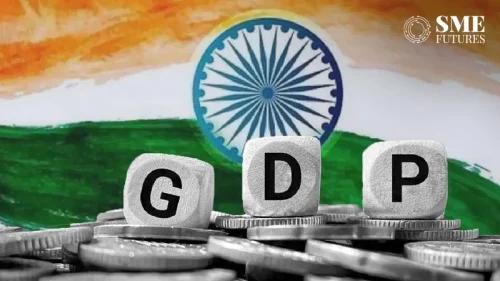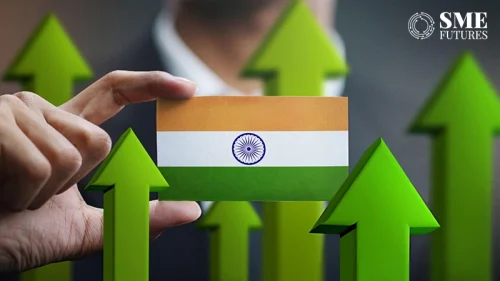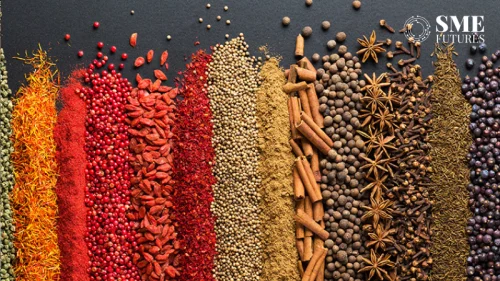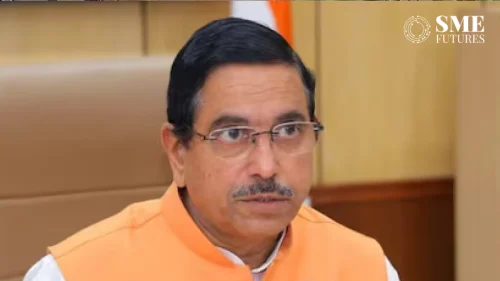India is in the process of framing rules to regulate the e-commerce sector, which is expected to touch USD 120 billion by 2020, food and consumer affairs minister Ram Vilas Paswan said. While e-commerce in India is growing at an annual rate of 51 per cent, the laws regulating the digital marketplaces are still evolving, he said.
“The emergence of global supply chains, lowering of trade barriers, rise in international trade and the rapid development of e-commerce have enhanced the vulnerability to new forms of unfair trade and unethical business practices,” Paswan said at the 3rd Intergovernmental Group of Experts convened by the United Nations Conference on Trade and Development.
To protect consumers, the government has issued guidelines for regulating direct selling and is in the process of issuing rules for e-commerce also, he said. “These are guiding principles to strengthen the regulatory mechanism on direct selling companies and e-commerce for allowing legitimate business to continue, preventing frauds and protecting the legitimate rights and interests of consumers,” Paswan said in a statement.
E-commerce, which is India’s fastest growing and most exciting channel for commercial transactions, is expected to jump from USD 30 billion in 2016 to USD 120 billion by 2020, he said.
Looking at the potential growth, India is in the process of customising the virtual world especially of the rural consumers who are the major target group for future, he said. The minister added that the launch of the Unified Payments Interface (UPI) by the Reserve Bank of India has been a game changer.
The UPI has enabled e-commerce delivery staff to collect money electronically for even cash on delivery transactions, he added. Highlighting measures taken to protect consumers and their interest, Paswan said India has sustained a single-digit food inflation in the last four years and is currently within an “acceptable range” despite rise in crude oil prices recently.
“Food inflation adversely affects all and in particular the vulnerable sections of the society. We have tackled this problem very efficiently,” he said. Consumer price index-linked inflation declined sharply between 2015 and 2018 fiscal, averaging at 4.7 per cent — down from 10.2 per cent in the preceding five years, he added.
Talking about sustainable development goals, Paswan said India has taken tangible steps to fully implement the SDGs and mainstream the 2030 Agenda in its national programmes. He further said that sustainable development cannot be achieved unilaterally by any one country and also development can never be sustainable if a significant economic or social group is left behind.









